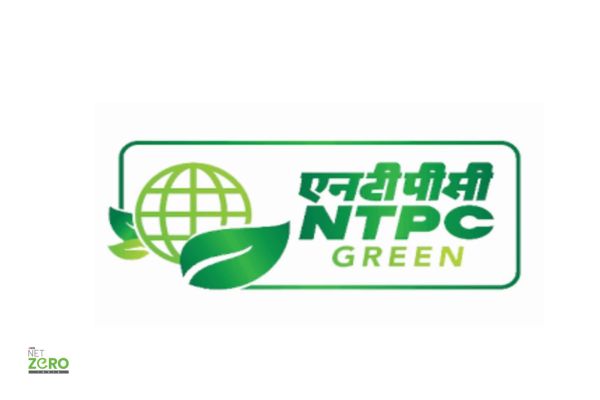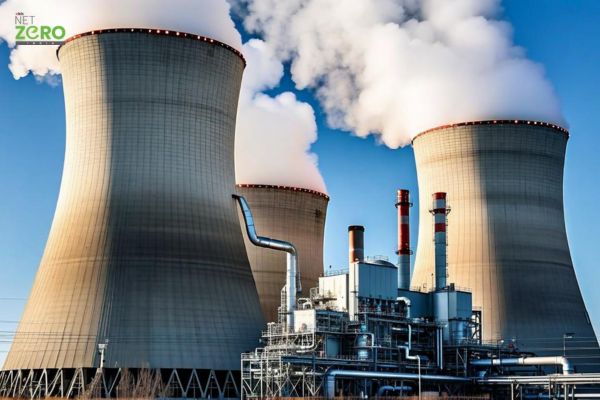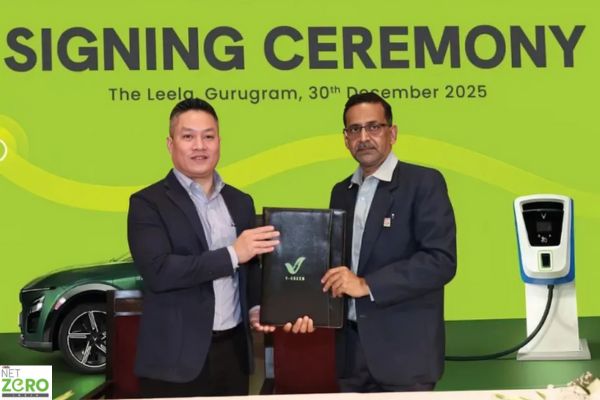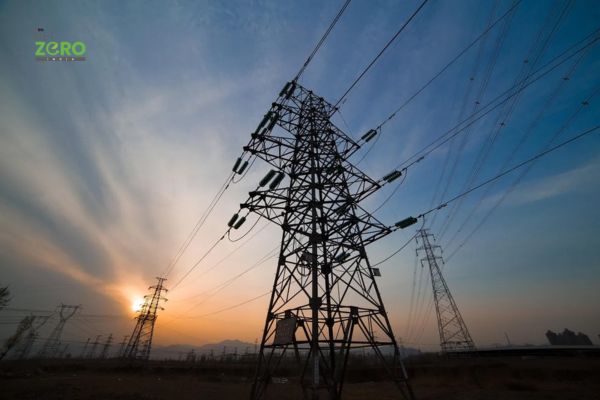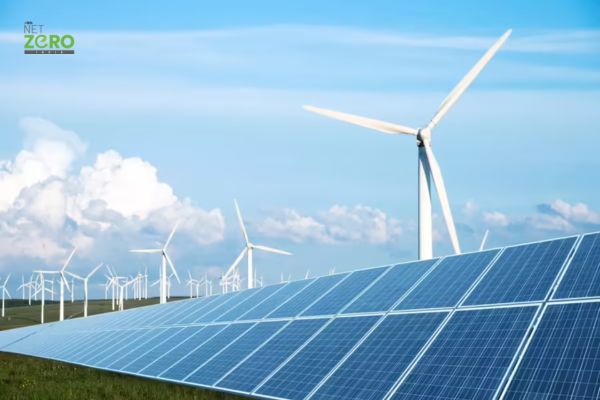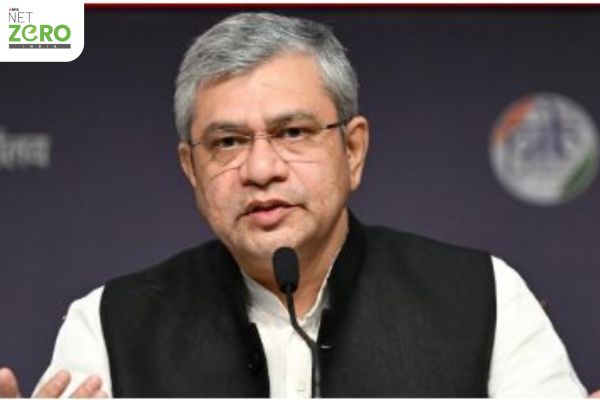
India will need to mobilise $467 billion in climate finance by 2030 to decarbonise four of its most carbon-intensive sectors — power, steel, cement and transport — according to a new study released by the Centre for Social and Economic Progress (CSEP) and the Task Force on Climate, Development and the IMF.
The working paper, “India’s Climate Finance Requirements: An Assessment”, authored by economists Janak Raj and Rakesh Mohan, adopts a bottom-up methodology, estimating climate finance needs sector by sector to provide a “granular understanding” of India’s transition challenge.
The findings reveal that steel and cement, rather than the power sector, will dominate financing needs, accounting for over 80% of the $467 billion. Both industries are “hard to abate” and depend heavily on costly carbon capture and storage (CCS) technologies, which the report identifies as the only viable solution at this stage.
By contrast, the power sector requires $57 billion, significantly lower than earlier assumptions due to declining renewable energy costs. The transport sector, meanwhile, will demand major investments to accelerate the shift from fossil-fuel vehicles to electric mobility — requiring scaled-up charging infrastructure, financing mechanisms, and regulatory support.
Also Read: Government Extends PM e-DRIVE Scheme to March 2028, Providing Boost to EV Sector
Overall, the transition would need an average of $54 billion annually between 2022 and 2030, about 1.3% of India’s GDP. Despite the large sums, the authors argue these targets are achievable with prudent fiscal management, greater domestic mobilisation, and well-structured external climate finance.
The report calls for targeted subsidies, R&D support, and international technology transfer to incentivise decarbonisation in heavy industries, while strengthening India’s renewable energy integration through storage and grid upgrades.
The authors stressed the urgency of action, warning that delays could lock India into high-emission pathways that are costly to reverse. With COP30 in Brazil approaching, the study provides a timely blueprint for both Indian policymakers and the global community.
Be a part of Elets Collaborative Initiatives. Join Us for Upcoming Events and explore business opportunities. Like us on Facebook , connect with us on LinkedIn and follow us on Twitter, Instagram.
"Exciting news! Elets technomedia is now on WhatsApp Channels Subscribe today by clicking the link and stay updated with the latest insights!" Click here!




